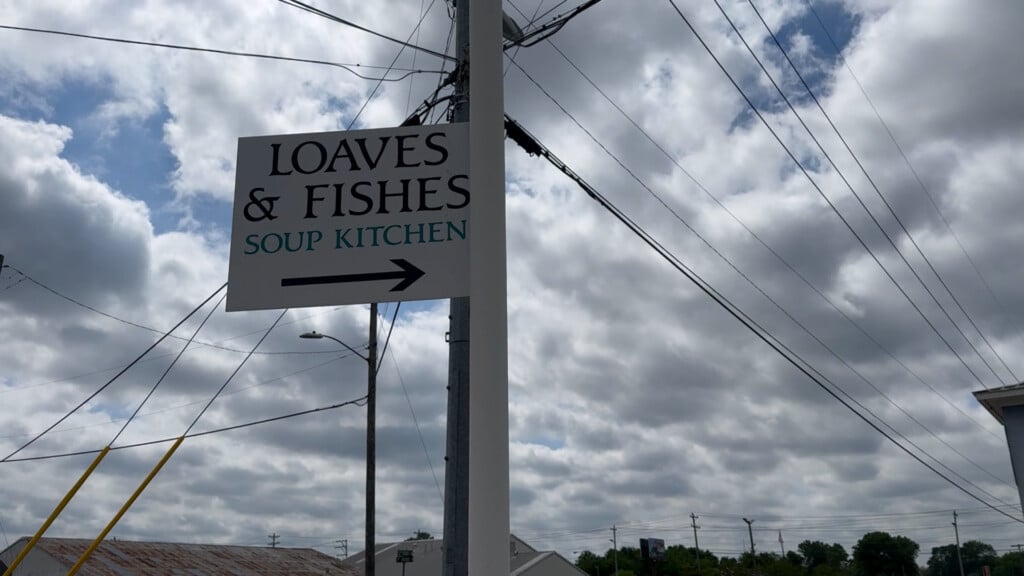Obama Set to Sign Executive Order on LGBT Protections
WASHINGTON, D.C. (AP) – After years of pressure from gay rights groups, President Barack Obama plans to sign an executive order banning federal contractors from discriminating against employees on the basis of their sexual orientation or gender identity, the White House said Monday.
While Obama lacks the authority to extend that protection to all Americans, the order being drafted by the White House would impact about 14 million workers whose employers or states currently do not ban workplace discrimination against gay, lesbian, bisexual and transgender individuals. The scope of the measure was tabulated by the Williams Institute at UCLA Law School, which studies sexual orientation and gender identity law and public policy.
The president has resisted signing the order in hopes Congress would pass a broader non-discrimination measure that would apply to nearly all employers. While the Senate passed the legislation last year, the measure has languished in the Republican-led House and there is little sign that lawmakers will take it up in an election year.
“We’ve been waiting for quite a few months now for the House to take action and unfortunately there are no particularly strong indications that Congress is prepared to act on this,” White House spokesman Josh Earnest said.
The White House’s announcement was a significant victory for gay rights advocates, who widely praised Obama’s decision.
“By issuing an executive order prohibiting federal contractors from discriminating against LGBT people, the president will not only create fairer workplaces across the country, he will demonstrate to Congress that adopting federal employment protections for LGBT people is good policy and good for business,” said Chad Griffin, president of the Human Rights Campaign.
Officials would not say when Obama would sign the order or why the administration was taking the unusual step of previewing his plans for issuing such a measure.
The announcement comes a day before Obama attends the Democratic National Committee’s annual gay and lesbian fundraiser in New York. While the president has widespread political support among the LGBT community, advocates have become increasingly irritated with the president’s reluctance to move forward with the order.
Their frustration mounted earlier this year when Obama responded to gridlock on Capitol Hill by touting plans to take executive actions on issues that Congress would not act on. That included signing executive orders that raise the minimum wage for federal contractors and expanding the number of contractors who would be eligible for overtime pay.
White House officials never explained why Obama moved quickly on the wage-related executive orders but delayed taking action on the anti-discrimination provision.
Obama’s decision could energize progressive voters in a midterm election year where Republicans are seeking to retake control of the Senate. The DNC and several Democratic lawmakers highlighted the president’s announcement Monday and used it to try to draw a distinction with Republicans.
Republicans were largely silent on the decision, though Utah Sen. Orrin Hatch called on the White House to include the same religious exemptions in the order that are included in the legislation the Senate passed last year. The bill includes exemptions for churches and other houses or worship, as well as religiously affiliated organizations.
While the White House did not release the specific language of the order Obama will sign, advocates expect it to be in line with measures signed by President Lyndon B. Johnson that banned federal contractors from discriminating on the basis of race, religion, and national origin. It’s unclear whether Obama’s order will include religious exemptions.
The American public has increasingly grown supportive of extending gay rights. Courts have also increasingly come down in favor of same-sex marriage, with more than a dozen federal and state judges striking down part of all of state-level bans over the past seven months. No rulings have gone the other way.
Still, advocates say there remains gaping inequality on the issue of workplace discrimination. According to the Human Rights Campaign, it is legal in 29 states to fire or refuse employment to a person based on sexual orientation. Thirty-two states also lack explicit laws banning discrimination based on gender identity.





Leave a Reply